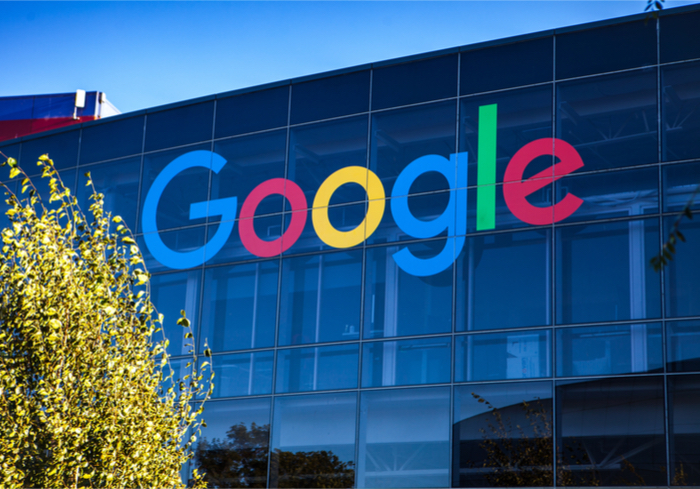Neither Apple nor Google have publicly discussed such a tie-up, but Analyst Rod Hall claims the search engine platform could end up paying Apple nearly $9 billion this year. Hall thinks that figure could rise in the future, potentially reaching a payment of $12 billion in 2019.
Currently, Google is the default search engine for Apple’s iOS version of Safari. And Hall notes that “Apple is one of the biggest channels of traffic acquisition for Google.”
The news comes more than a year after a news report on CNBC, citing Wall Street firm Bernstein, which said Google would pay Apple roughly $3 billion in 2017 to maintain its search position, up from $1 billion a mere three years prior. What’s more, Bernstein said at the time that much of Google’s licensing fees made up Apple’s service business.
“Court documents indicate that Google paid Apple $1B in 2014, and we estimate that total Google payments to Apple in FY 17 may approach $3B,” Bernstein Analyst A.M. Sacconaghi Jr. said at the time, according to CNBC. “Given that Google payments are nearly all profit for Apple, Google alone may account for 5 percent of Apple’s total operating profits [last] year and may account for 25 percent of total company OP growth over the [prior] two years.”
The analyst said Google could decide against paying Apple licensing fees if it thinks the search engine is popular enough that Apple won’t use another default search engine. Given that Apple’s iPhones account for around 50 percent of Google’s mobile search sales, as was reported last year, the company may not want to anger Apple in any form, noted the analyst.
Advertisement: Scroll to Continue
Although Google dominates the search game in the U.S., the company is constantly rolling out features to keep it popular. As a recent example, last year Google announced a new feature to its Google Image Search offering in hopes of further enhancing its product.




